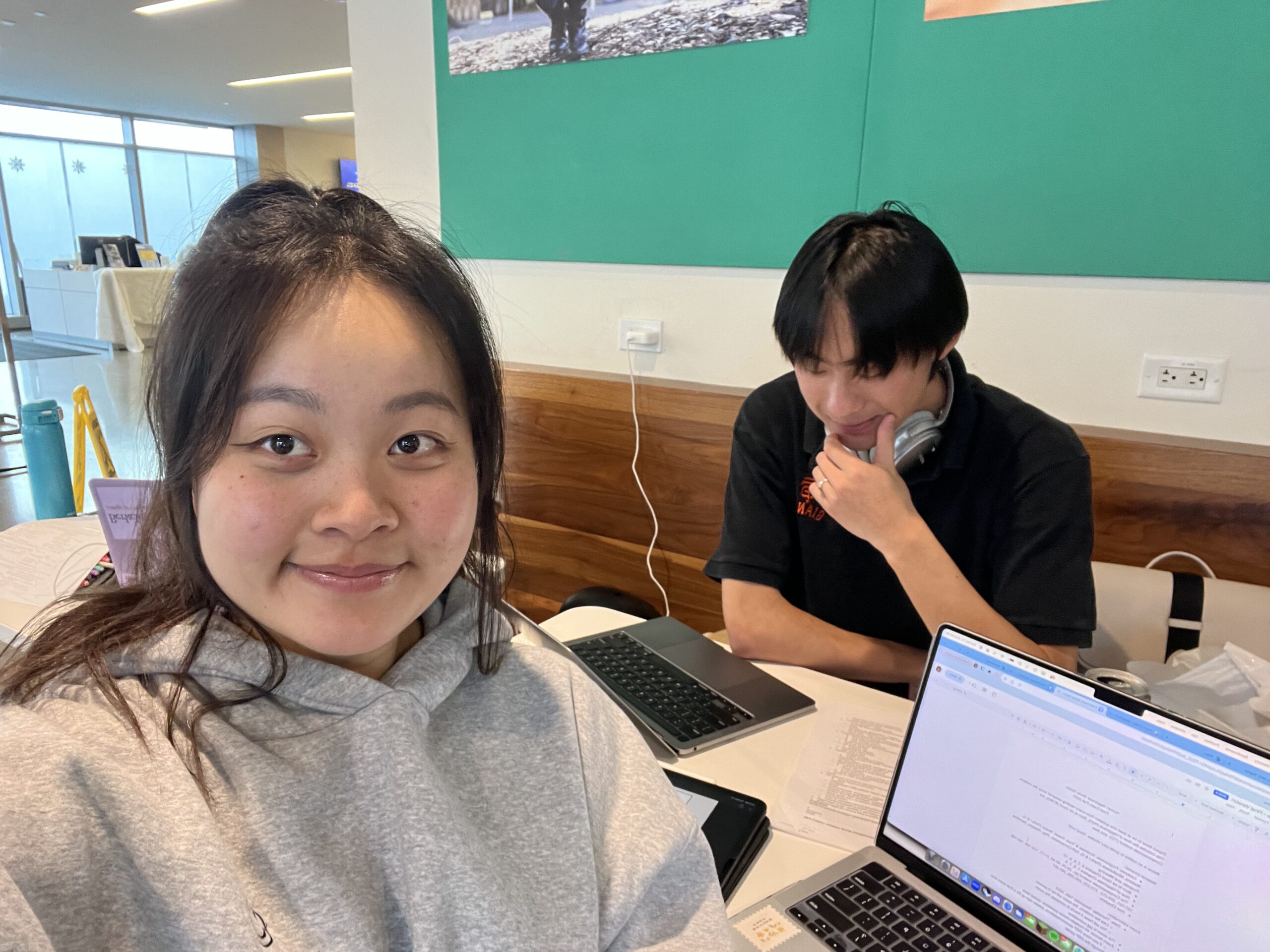
A psychological approach to exam performance
As a cognitive science student, I’ve learned across my classes about mechanisms underlying learning, studying, and problem-solving. In this article I share three practical considerations that guide how I approach every exam season, which may inform your studying style as well.
1. Connect—on a personal level—with the material.
Information is organized in our memory through knowledge structures called “schemas.” They would conceptually look like an outline or tree diagrams if drawn out.
If you can identify how new information is connected within your existing mental schemas, you have context clues to more readily integrate and remember when you need to. Conversely, isolated information takes more effort to encode into long-term memory and is easier to forget if not used.
You can therefore learn faster and remember better by knowing how concepts relate to each other, the bigger story of the material, and you!
- Priming: Before learning/studying, know a general outline of what the big ideas are versus supporting details (e.g., looking through headings of a textbook chapter). Doing so lays the foundation for building schemas.
- Storytelling: Being able to coherently tell a story with the material naturally formats it into existing schemas. This can look like teaching a friend what you are studying.
- Reacting: I enjoy doing this the most. When you learn something new, you can react and make remarks relating it to your life or other concepts (“This is actually pretty cool. It reminds me of…”). Personalizing the material—and utilizing emotions which also facilitate encoding—fits it into the grand story of you!
2. Be intentional with how long your study sessions are.
Studying looks different to everyone. Here are some relevant considerations to keep in mind as you allot your study and break times.
- Have enough time to get into flow state: Getting “into the zone” takes around 15 minutes.
- The value of breaks: Breaks ensure you’re refreshed enough to engage in System 2 thinking (the effortful and active handling of information). They also utilize the primacy and recency effects (where you remember what you study at the beginning and end better).
- Bonus tip: Having something to snack on—carbohydrates in particular—or drink may help because your brain uses up a lot of energy. I had a pack of bread by my desk when I took CS 61A because coding always made me hungry.
3. Take care of your mood.
Stress-induced negative emotions cause your attention to narrow, decreasing your cognitive flexibility and creative problem-solving ability. Did you know that exercise weakens the association between stress and emotion, meaning that stress doesn’t have to feel negative?
Being well rested is another way to broaden your attention. Moreover, sleep facilitates memory consolidation, enhances cognitive functioning, and promotes motivation, resilience, and optimism. I’m usually lax about my sleep schedule but I make sure I get at least eight hours of sleep the night before an exam.
Best of luck!
Knowing how memory and focus work along with taking care of yourself can be invaluable to studying and performing well during exam season. Best of luck in your academic career, and I hope this article helped inform how you navigate it on the day-to-day.
Hosea Chen is a fourth-year at UC Berkeley majoring in cognitive science and minoring in creative writing and data science.
Want More?
- Positive emotions are important in your academic performance, and you can learn more about finding them at Cal.
- Find out more ways to take a break.
- Feeling anxious? Hear from a senior about what helps.